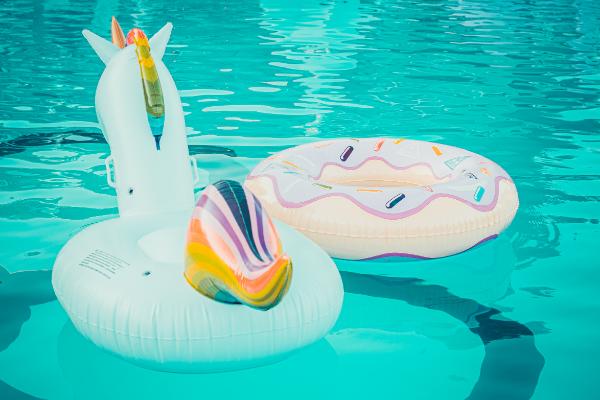What Type of Water Filtration System Do I Need?
There are many different filtration systems to choose from, and the right one will depend on your specific needs. You may want to use a filter for drinking and cooking water, or you might need a whole-house filter that will clean your entire supply of water. You can also get a point-of-use filter that will filter water wherever it’s used, like in your sink or shower.
(Looking for softeners for water? Contact us today!)

What is the difference between a basic water filter and a complex one?
A basic water filter removes contaminants by utilizing a physical barrier to restrict the passage of solid particles. A more advanced water filter will employ a chemical method to isolate and sequester certain ions or compounds.
Often called “softening” or “ion exchange” filters, these systems isolate and sequester hard minerals that can be harmful to humans if ingested in large quantities. These filters typically use a food-grade polyphosphate to bind the calcium and magnesium ions in the water. This process does not soften the water but is beneficial for reducing scale buildup on appliances and fixtures.
What are some of the most common types of filtration systems?
There are five main types of filtration methods: distillation, ultrafiltration, carbon block, sediment, and reverse osmosis. Each of these filtration methods is effective at removing specific contaminants from your water.
Distillation is an ancient technique that uses heat and steam to kill bacteria, viruses, and other contaminants. It’s also effective at removing volatile organic compounds (VOCs), which are found in many cleaning products and air fresheners.
The most popular and efficient form of distillation is reverse osmosis, which forces the water through a semipermeable membrane under pressure, leaving most contaminants behind. However, this system is costly and takes up a lot of space in your cabinet. It also requires periodic sanitization, and the membrane and filters need to be replaced.
In addition to a simple membrane, a more powerful and expensive form of filtration uses a semipermeable film that traps the dissolved ions. These systems are known as reverse osmosis filters and require a high level of water pressure to work properly, making them a good choice for a larger household or a business that uses a large amount of water.
Activated carbon is another type of filtration method that’s commonly used. It is effective at removing both unwanted tastes and odors as well as some biological contaminants like bacteria and protozoa. It has a small micron rating and can be lined with metal plates to provide a higher rate of particle removal.
Another filtration method is the distillation process, which boils the water and collects the steam. This removes a wide range of contaminants, including VOCs, but it isn’t as effective at removing biological contaminants like viruses or bacteria. Its effectiveness can vary depending on the boiling temperature and whether there is a carbon filter in place.

